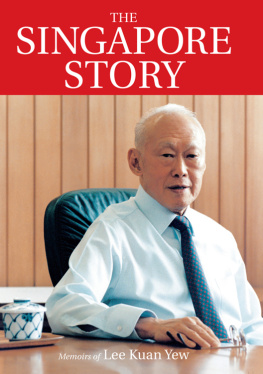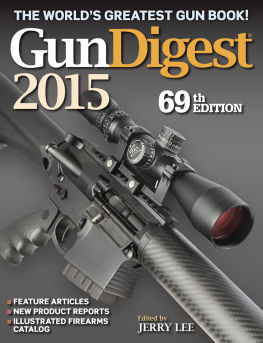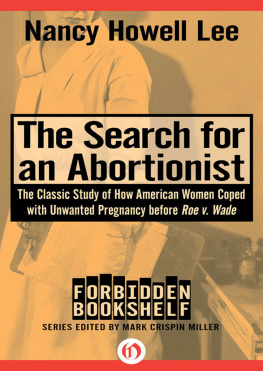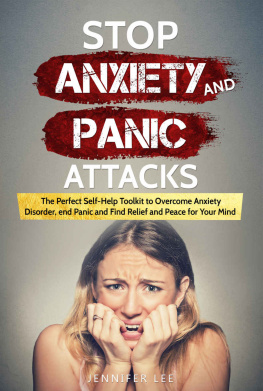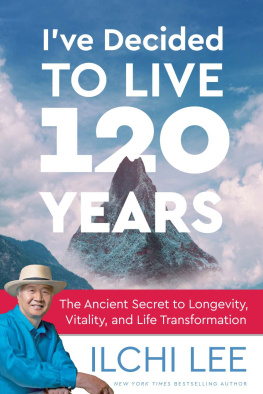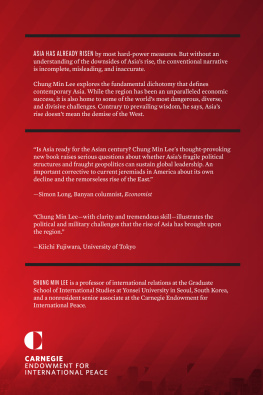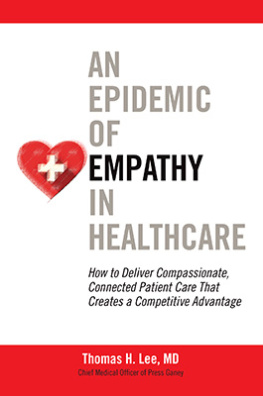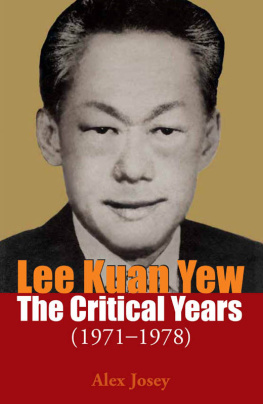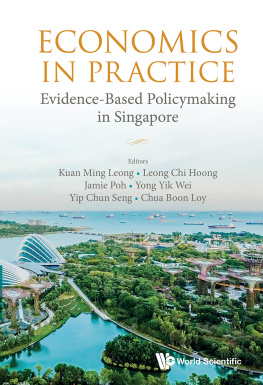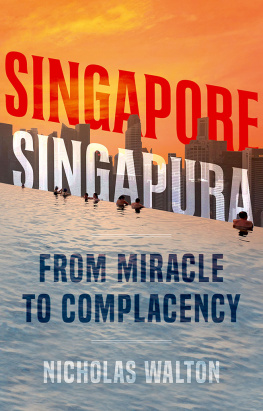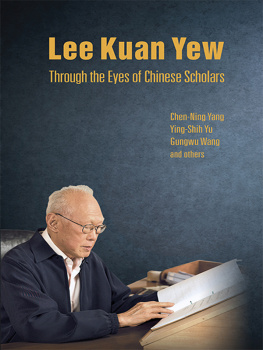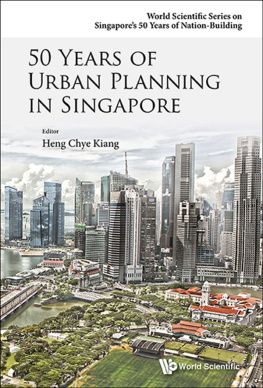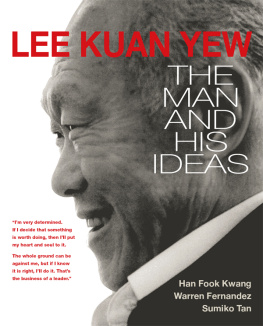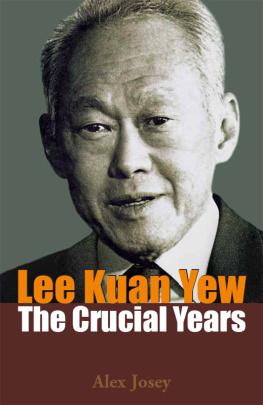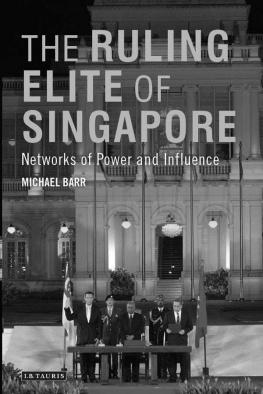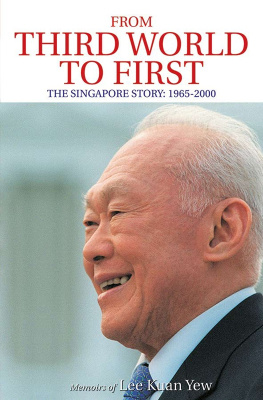
Acknowledgements
I was fortunate in 1995 to gather a team of young researchers. Andrew Tan Kok Kiong, seconded to SPH from the Singapore Administrative Service, was helped by Pang Gek Choo, who worked for the Straits Times, and Alan Chong. They made a thorough search of government archives and ferreted out my correspondence, minutes of important meetings and other relevant documents. Andrew Tan was my most valuable aide; able and resourceful, he coordinated the work of the researchers, organised the material, and made my task easier. Pang Gek Choo was quick and efficient in tracing reports of events and speeches in Straits Times archives of the last 40 years. After two years, as the work expanded, Walter Fernandez and Yvonne Lim from SPH and Dr Goh Ai Ting from the National University of Singapore (NUS) joined my researchers.
They had help from officers like Panneer Selvan of the Ministry of Foreign Affairs. The registry officer in the Prime Ministers Office, Florence Ler Chay Keng, and her assistants, Wendy Teo Kwee Geok and Vaijayanthimala, were amazingly successful in locating my letters and notes as far back as the 1960s.
Lily Tan, director of the National Archives, helped my researchers in their requests for documents and oral history transcripts of those persons who had given me permission to read them. The staff at the NUS library, the National Library and the Straits Times editorial library were equally helpful.
The prime minister, Goh Chok Tong, allowed me access to all records and documents in the government ministries and in the archives.
The British Public Record Office in Kew, Richmond yielded Colonial Office and Commonwealth Office documents which gave interesting insights from a British perspective on events from 1955 to 1965.
Dennis Bloodworth, an old friend, once foreign correspondent for the London Observer newspaper, went through my drafts. He was thorough in deleting repetitions and suggesting alternatives to my overworked favourite expressions. However, Bloodworth left me to decide what went into my book.
A younger generation of editorial writers and journalists from the Straits Times, Cheong Yip Seng (editor in chief), Han Fook Kwang (political editor), Warren Fernandez, Sumiko Tan and Zuraidah Ibrahim; from the New Paper, Irene Ng; from the Zaobao, Lim Jim Koon (editor) and Seng Han Thong read my drafts. They suggested many improvements so that those not yet born when the events I described happened could understand the background against which they took place. Han Fook Kwang and Warren Fernandez improved the flow of my narrative. Shova Loh, line editor in Times Editions, meticulously tightened my sentences and removed errors.
To avoid being unwittingly insensitive on Malay issues, I had all my draft chapters relating to Malays read by Guntor Sadali (editor of Berita Harian), Peoples Action Party MPs Yaacob Ibrahim, Mohamad Maidin and Zainul Abidin Rasheed, and minister for community development, Abdullah Tarmugi. I did not want to hurt Malay feelings and have tried not to do so.
Old colleagues, including Goh Keng Swee, Lim Kim San, Ong Pang Boon, Othman Wok, Lee Khoon Choy, Rahim Ishak, Maurice Baker, Sim Kee Boon, S.R. Nathan and Ngiam Tong Dow, read the relevant parts of my drafts and helped to confirm or correct my recollection of events.
Tommy Koh, ambassador-at-large, Chan Heng Chee, ambassador to Washington, Kishore Mahbubani, permanent secretary (policy), ministry of foreign affairs, and Bilahari Kausikan, deputy secretary, ministry of foreign affairs, read the page proofs and made many useful suggestions.
I am grateful to them and to the many others who gave freely of their time and advice from which I have benefited. But the responsibility for the final result with all its shortcomings is mine alone.
I had visitors and other duties to attend to during the day. I did most of my uninterrupted work on the PC at night after the days work was done. Several of the young men and women to whom I sent my drafts asked if the time-stamp on my PC was wrong, because they were frequently stamped as 3 or 4 am. I assured them that it was correct.
My long-time personal assistants, Cheong Cheng Hoon and Wong Lin Hoe, had the hard work of typing and retyping my drafts. They helped me out when I ran into problems with my PC. Cheong retired when the book was three-quarters done, and two others, Loh Hock Teck and Koh Kiang Chay, took over. All had to adjust to my difficult hours requiring them to work well past dinner-time.
I am indebted and grateful to all of them.
About the author and his memoirs
Lee Kuan Yew is one of the brightest, ablest men I have ever met. The Singapore Story is a must read for people interested in a true Asian success story. From this book we also learn a lot about the thinking of one of this centurys truly visionary statesmen. George Bush, US President, 198993
In office, I read and analysed every speech of Harrys. He had a way of penetrating the fog of propaganda and expressing with unique clarity the issues of our times and the way to tackle them. He was never wrong
Margaret Thatcher, British Prime Minister, 197990
Lee Kuan Yew is one of the seminal figures of Asia, and this book does justice to his extraordinary accomplishments. Describing the motivations and concepts that have animated his conduct and explaining specific actions, he will undoubtedly raise many controversies. But whether one agrees or not, one will learn a great deal.
Dr Henry A. Kissinger, US Secretary of State, 197377
Candid, informed, forceful, brilliant: these attributes explain why leaders throughout the world have sought out Lee Kuan Yew and the words apply to his great memoir. You can learn the fascinating story of Singapore from this book, (and) how to think about power and politics in the world, how to analyse intricate problems, how to lead a people. A powerful book written by an extraordinary man. George P. Shultz, US Secretary of State, 198289
Your memoirs strike me as excellent stuff, far better than the normal run of autobiographies, which are usually full of post hoc justifications. The treatment of events is refreshing. No one can accuse you of unfairness to your adversaries. I thoroughly enjoyed reading it.
Dr Goh Keng Swee, Singapore Deputy Prime Minister, 197384
In the many years I have known him, Senior Minister Lee Kuan Yew has become a valued friend and counsellor. His resoluteness, energy and vision have left a deep impression on Singapore, making it a political and economic powerhouse whose influence extends far beyond its own region.
Lee Kuan Yew is not only a remarkable political figure but a challenging thinker. He has much of moment to say to us as we steer our course into the future. I hope his memoirs and ideas will find a wide and receptive public. Helmut Kohl, German Chancellor since 1992
Lee Kuan Yew is a statesman who created a successful nation. He has known everybody. He has achieved impossible things and his memoirs tell the truth. William Rees-Mogg, Editor of The Times of London, 196781
Lee Kuan Yew is fascinating due to his grasp of the worlds political and economic fabric. Many American and European leaders have profited from his wisdom, particularly by his evaluation of China as a world power and by his analysis and explanation of Asian values.
Helmut Schmidt, German Chancellor, 197482
For a country to rise from the threshold of subsistence to one of the highest living standards in the world in 30 years is no common achievement. At the root of this success lies the genius of one man, Mr Lee Kuan Yew. He has turned a city into a state. Mr Lee has gathered around himself the most brilliant minds, transforming the most exacting standards into a system of government. Under his leadership, the primacy of the general interest, the cult of education, work and saving, the capacity to foresee the needs of the city have enabled Singapore to take what I call shortcuts to progress.
Next page
